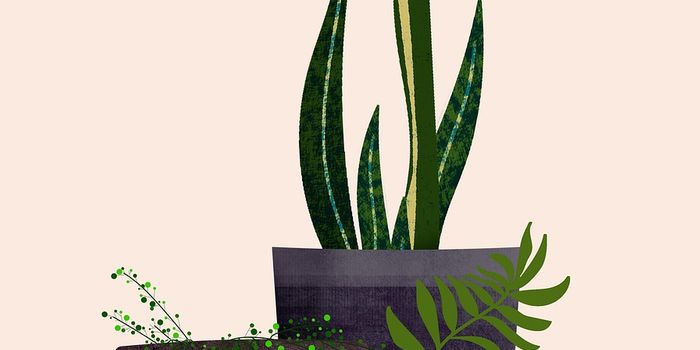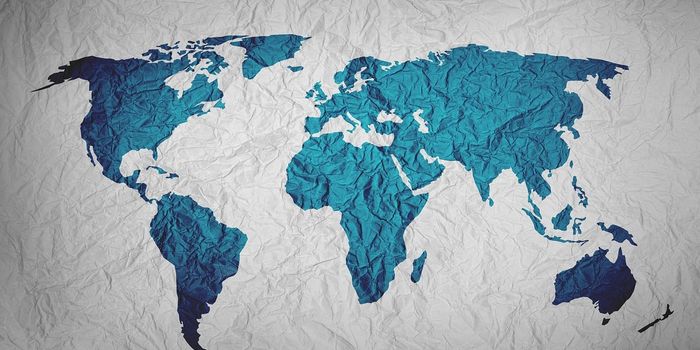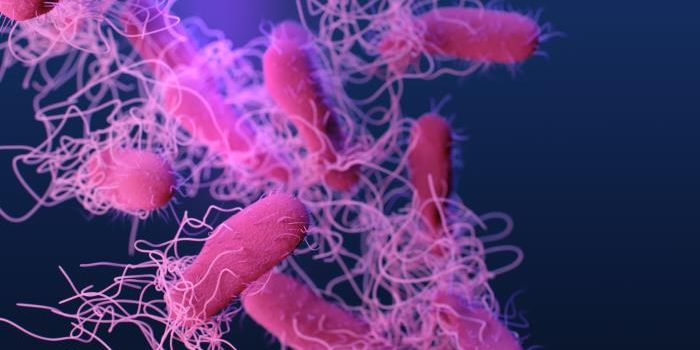New research explains why we enjoy eating so much over the winter holidays and our New Year's weight-loss resolution usually fails.
Humans have evolved to subconsciously over-eat in the winter, but have not evolved to avoid becoming obese. In the past, being overweight did not pose a significant threat to our survival in comparison to being underweight. Our bodies' desire to maintain fat is even greater in the winter when natural food sources are scarce.
Researchers at the University of Exeter used computer modeling to predict how much fat animals should store. They published their findings on January 5, 2016, in the journal
Proceedings of the Royal Society B. They assumed natural selection gives animals a perfect strategy to maintain the healthiest weight. The model looks at the amount of fat an animal stores in response to the availability of food, as well as the risk of being killed by a predator when foraging.
The data shows that animals strive for a weight above what it would lose and below what it would gain. There was only a small negative effect for storing too much energy.
"You would expect evolution to have given us the ability to realize when we have eaten enough," said behavioral scientists Andrew Higginson, lead author and professor at the University of Exeter. We would definitely benefit from an evolutionary mechanism to help us avoid unhealthy food and avoid becoming overweight. "Instead, we show little control when faced with artificial food." The urge to eat modern food, which has so much sugar and flavor, is greater than any weak evolutionary mechanism that would tell us not to, Higginson said.
"The model also predicts animals should gain weight when food is harder to find. All animals, including humans, should show seasonal effects on the urge to gain weight. Storing fat is an insurance against the risk of failing to find food, which for pre-industrial humans was most likely in winter. This suggests that New Year's Day is the worst possible time to start a new diet."
Sources:
press release via EurekAlert! and the University of Exeter,
journal study









